Kruger National Park is one of, if not, the most famous wildlife reserve in Africa, a place that is home to a tremendous variety of wildlife. Kruger National Park was established in 1898 and covers nearly 2 million hectares of diverse terrain, which is home to over 147 mammal, 507 bird, 114 reptile, 49 fish and 336 plant species. Kruger is also home to some interesting archeological sites such as Masorini and Thulamela – areas that prove that humans have a long history in Kruger National Park.
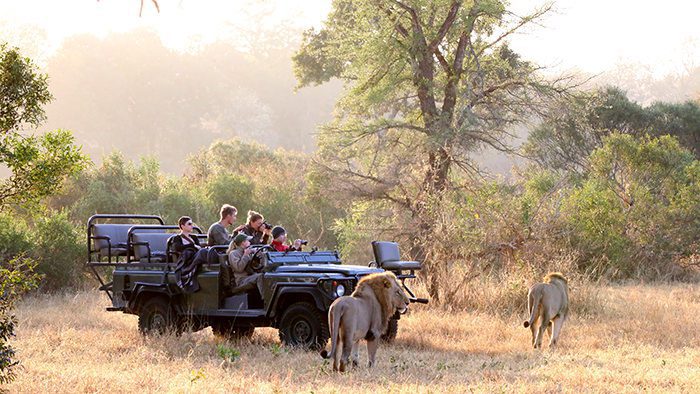
Check out our South Africa Promo Film.

This past September I had the privilege of exploring Kruger National Park to film my web show and research the park for my blog. I didn’t expect to be so blown away by the sheer amount of fascinating animals, big and small, that call Kruger home. Here are the types of animals you can expect to see in Kruger National Park plus some of my own photography from the trip:

The most majestic creatures that roam the plains of Kruger National Park are the mammals, especially the big cats. You can admire big game like elephant, rhinoceros, hippopotamus, giraffe, zebra, antelope and buffalo in several areas of the park. The lions, leopards, wild dogs and hyenas are also present, but always watching and waiting for opportunity to arise from a safe distance.
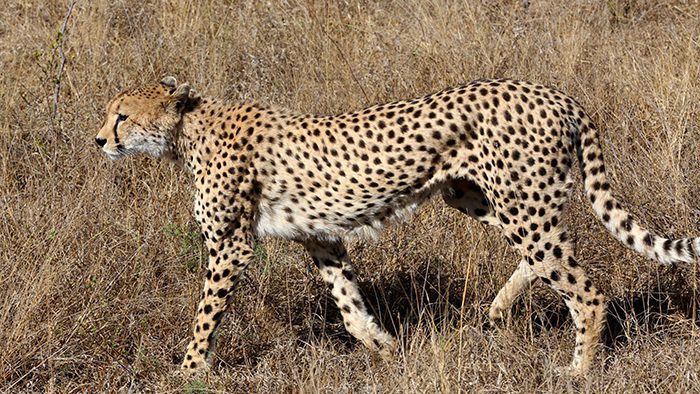
While elephants are everywhere and spend their time in herds, sometimes for than 30-strong, the leopards are particularly shy and hunt only when it’s dark to keep from being seen. I was lucky that my visit coincided with the time of year that leopard cubs emerge from their dens for the first time. I was able to spot several beautiful juveniles in the first couple days of my visit! Buffalo herds roam in large numbers, sometimes as many as 200.
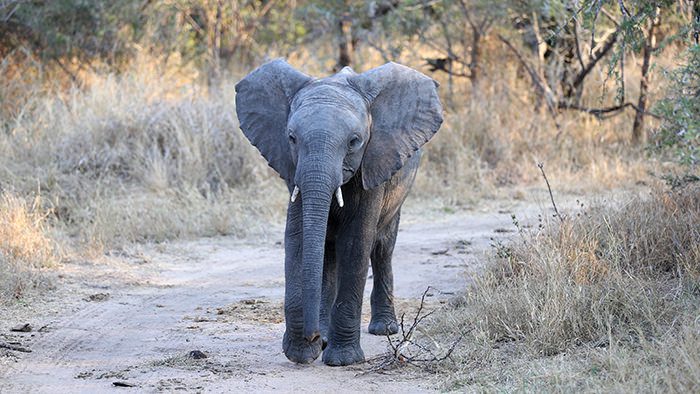
And Kruger has no shortage of graceful grazers: kudu, wildebeest, waterbuck, warthog, sable, reedbuck, tsessebe, and eland. Every time a Cheetah shows up, the scenery becomes breathtaking. The fastest of all land animals, Cheetahs usually prefer to hunt in open grasslands. If you witness a cheetah hunt, you’re one of the lucky ones.

In addition to land mammals, Kruger National Park boasts a variety of exotic birds. While the most common bird is the Martial Eagle, the most beautiful one is the Bateleur. The park is home to hundreds of birds that do not exist in any other part of the country. A trip here can be a great opportunity to admire the Grey Lourie, Greenbacked Heron, Yellowbilled Stork, Bateleur Eagle, Egyptian Goose, Blackwinged Stilt, Reed Cormorant, Hamerkop, Whitebacked Vulture, Saddlebilled Stork, Yellowbilled Hornbill, Ground Hornbill, Glossy Starling, Crested Barbet, Blue Waxbill, Burchell’s Coucal, Scarlet Chested Sunbird, Lilac-Breasted Roller, Redbilled Ox-peckers, Marabou Stork and many other spectacular bird species.
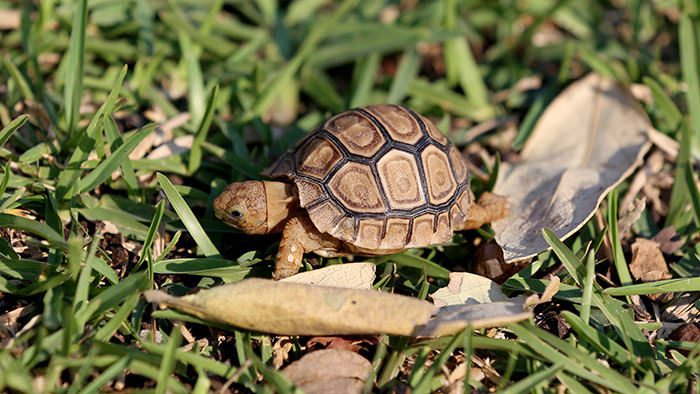
Perhaps the most sought-after reptile on any safari trip is the crocodile. Unlike the giant salties of Australia, the crocs of Kruger share their watering holes with thirsty animals from all over the park. Though not commonly seen, there are several snake species living in Kruger. The python is a rare appearance. As a matter of fact, visitors rarely come across snakes because they are really quite shy unless they get caught by surprise, in which case you back away slowly and RUN. Leopard tortoises are seen mainly during the wet season, but can also be spotted during the dry period. The park is also home to two species of monitor lizard, which can grow quite large on a diet of mostly fish, crabs, mussels, small animals and birds.
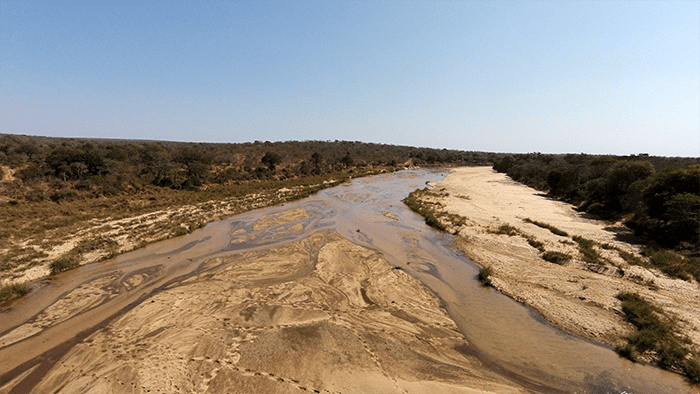
Kruger National Park is crossed by seven rivers, so expect to find an impressive number of fish, including two of the rarest fish species in the world, the lungfish and the mosquito-eating killifish.
The most common fish that populates the waterways of Kruger is the barbel, which lives in slower-moving sections of river. The fastest swimmers are the mudfish, yellowfish and the tigerfish. The freshwater eel (anguilla) is also a common fish in this region.
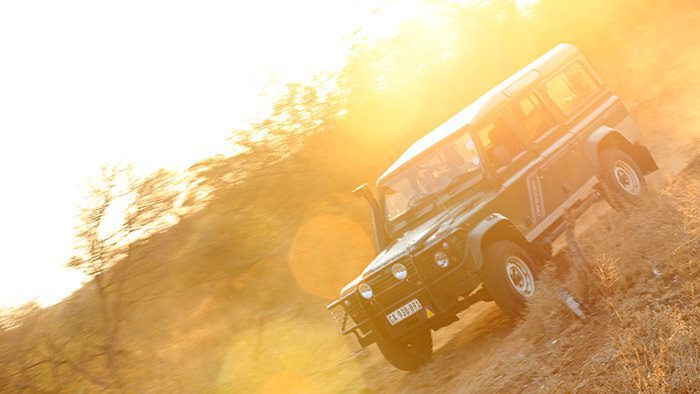
The best way to experience the beauty of Kruger National Park is to plan a safari trip here. Words can’t do the park justice – you’ll have to see it for yourself!
Have you been to Kruger National Park? Let us know about your wildlife experience!
Special thanks to Sun Destinations, Nicky Arthur PR, Borrow Lenses and Airlink Airlines!
Counter
101 Countries • 1432 Cities
jenifer Mohenjodaro says:
kruger national park is always a great habitat for many wildlife species. Experiencing such rich wildlife is an amazing experience. I surely wana visit Kruger once.
– Regards
Jenifer
Willy says:
Hi David
It was nice meeting you and your Go Pro photographer in South Africa, Johannesburg during the time you visited our country. What a beautiful blog about Kruger National Pak.
Regards
Willy
David says:
Hi Willy, Thanks for stopping by! Great to hear from you. Hope everything is going well with you.
Best regards, David